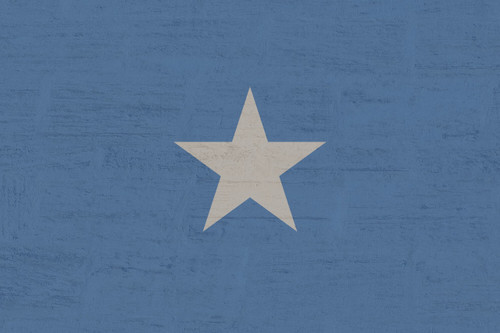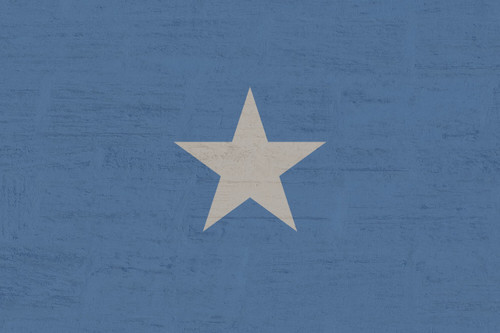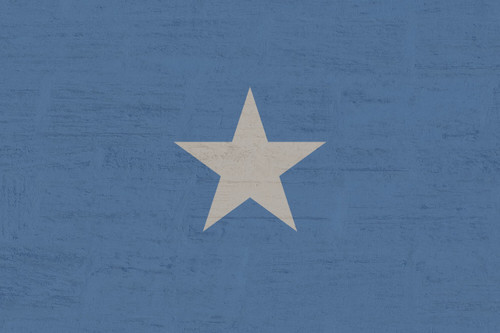Product Description
Abstract
“Is the world about to watch 750,000 Somalis starve to death?” asked the New York Times in 2011. The United Nations had declared a famine in Somalia, and hundreds of thousands of Somalis set out on foot across the desert in search of food, shelter, and safety. To make matters worse, al-Shabaab, an al-Qaeda-linked terrorist group, restricted access to famine-affected areas and threatened the safety of humanitarian aid groups. Aid organizations, many funded by the U.S. government, faced an ethical conundrum: they could pay a “tax” to al-Shabaab to access restricted areas and provide life-saving relief to Somalis, but this interaction might contravene U.S. anti-terrorism law.
This two-session exercise is aimed at exposing students to some of the legal and ethical issues faced by general counsel advising international humanitarian organizations. In this hypothetical role play, participants adopt the role of general counsel, tasked with providing guidance on whether the aid organization is exposed to liability in its Somalia work and how it will approach these legal, ethical, and safety challenges. Participants receive information from the organization’s Senior Policy Advisor, Chair of the Board of Trustees, and Regional Director, as well as a colleague at the Department of Justice. The conflicts of interest and diverging demands faced by the fictional general counsel in this exercise illustrate many of the dilemmas faced by general counsel for U.S.-based and U.S.-funded international non-governmental organizations (INGOs) during the 2011 Somalia famine, and faced by lawyers working within INGOs in high-risk environments today.
Ultimately, participants are asked to draft a five- to eight-page memorandum on the concerns of each party and how they may be resolved; the desirability of a compliance or risk-management plan and the potential risks of such a plan; and any legal or ethical dilemmas that the general counsel may face in advising various members of the organization. Participants then deliver a brief oral presentation summarizing the memorandum to the organization’s Board and senior staff.
For context, this exercise (B2) must be paired with the background document “Somalia in Crisis: Famine, Counterterrorism, & Humanitarian Aid” (A). Instructors have the option of using an additional exercise with this case, on the challenges in developing a consensus response to a humanitarian crisis with terrorist involvement (B1).
Subjects Covered
Humanitarian law, humanitarian aid, relief organizations, foreign assistance, international non-governmental organization, famine, terrorism, counterterrorism, material support, United Nations, national security, al-Shabaab, humanitarian crisis
Learning Objectives
- Explore the legal and ethical issues faced by general counsel advising international humanitarian organizations in complex crises.
- Practice making decisions involving multiple stakeholders and navigating conflicts of interest.
- Understand the difference between legal interpretations, legal assurances, organizational policy, and personal views.
- Identify and evaluate what legal, ethical, and organizational factors general counsel should prioritize.
- Practice giving clear, persuasive presentations, as well as drafting memoranda, risk-management plans, and due-diligence plans in teams.
Setting
Geographic: Somalia, United States
Industry: Humanitarian aid
Event Start Date: 2011
Hard Copy
For hard copies, please contact the HLS Case Studies Program at hlscasestudies@law.harvard.edu or +1-617-496-1316. When ordering, please let us know how many copies of confidential materials that you will need.
Accessibility
To obtain accessible versions of our products for use by those with disabilities, please contact the HLS Case Studies Program at hlscasestudies@law.harvard.edu or +1-617-496-1316.
Educator Materials
Registered members of this site can download this product at no cost.
A teacher’s manual for this product is available free of charge to educators, staff of non-profit institutions, and trainers. Please create an account or sign in to gain access to these materials.
Note: It can take up to three business days after you create an account to verify educator access. Verification will be confirmed via email.
Additional Information
Law, Ethics, and Policy in Humanitarian Crises: A Student Perspective on New Simulations
Copyright Information
Please note that each purchase of this product entitles the purchaser to one download and use. If you need multiple copies, please purchase the number of copies you need. For more information, see Copying Your Case Study.





